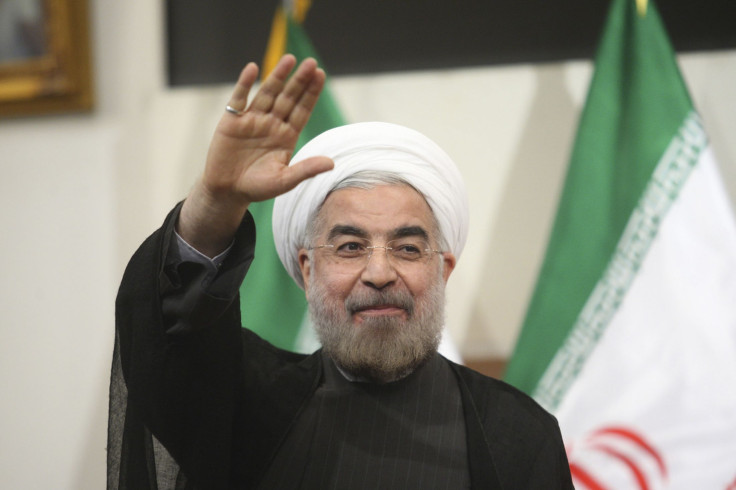Iranian Sanctions: China Delicately Balances Trade With Iran While Ongoing Negotiations In Geneva Cause Rift With West And Israel

The Iranian foreign minister met with world leaders in Geneva on Friday to discuss Iran’s nuclear program with the hope that an agreement would see sanctions against the country lifted, allowing the country to rejoin global markets, especially the oil trade that is so important for its economy.
While many expected Iran to fully agree to any new sanctions put on the table, it was revealed today that Iran would not commit to a complete halt to their uranium enrichment, but would be willing to discuss other plans.
Leading the talks are European and American leaders who hope to see the European Atomic Energy Agency inspect Iran’s nuclear sites, but Israel has said that Iran has only offered phony concessions and will not cooperate in the long term.
After years of sanctions that have prevented Iran from collecting oil revenues or its civilians from dealing in the open market, with former president Ahmadinejad claiming that the country was economically sound, a recent governmental change revealed a far more difficult situation. After moderate Hassan Rouhani was appointed the country’s new prime minister, Iran began to open up and admitted that it was suffering major financial issues.
Since coming to power in August 2013 Rouhani has made major efforts to meet with Western leaders to discuss how it can rejoin global markets.
One of Iran’s biggest problems was that it could not do business in the global marketplace because it had been banned from using the essential SWIFT money-transfer system. This meant that the country was unable to collect oil revenues or take part in the import and export of any goods. Some businesspeople there took matters into their own hands, bringing goods across the border and paying for items in cash or taking money to neighboring countries' banks and transferring cash to Chinese banks in order to pay for goods. However, this practice was quickly stopped after regulators began fining the Chinese banks and threatening them with similar sanctions.
CHINA
By some accounts, Iran is the third-largest supplier of crude oil to China after Saudi Arabia and Russia, providing 10 percent to 12 percent of total annual Chinese consumption. But Iran’s major role in China’s energy policy is only part of puzzle in China’s decision-making process in this case.
“The trade relation between China and Iran has been a very delicate balancing act for China,” said Michal Meidan, an expert on Asia for the Eurasia Group, a political and economic risk consultancy. “China views Iran as a long-term partner, but not at the expense of compromising relations with the U.S.”
Under the sanctions, China managed to import less crude oil and more fuel oil, in addition to allowing Iran to keep payments for oil it exports to China deposited in yuan in Chinese accounts, then using the funds to purchase food and consumer products from Chinese companies. About $100 billion of Iran’s money is frozen in foreign banks, and some of these funds would be freed up, if the West decides to ease sanctions against Tehran.
China has made clear its stance on Iran. Chinese imports of Iranian crude oil are on the uptick this year – the first nine months of the year saw China importing 1.4 percent more crude oil from Iran compared with the same period last year, while the sanctions specifie that China should reduce intake by 5 percent by year-end, the Washington Post reported. China also agreed to invest $20 billion of Tehran’s barred money in development projects in Iran.
“As the new round of talks starts soon, we urge all parties concerned to step up pragmatic efforts, properly settle differences, search for pragmatic and viable solutions, start new phase of substantial negotiations and seek early progress,” said Hua Chunying, China’s foreign ministry spokeswoman, at a press briefing in October regarding the sanctions against Iran, according to Xinhua News Agency.
A spokesperson from SWIFT said that they had been given no instructions with regard to Iran and indications from recent talks suggest that it could be another few months before a deal can be reached and sanctions lifted.
© Copyright IBTimes 2025. All rights reserved.






















